In defense of leaving
April 9, 2020
I think I am going crazy. I have been stuck in my small house with only my dad and zero social interactions (unless you count the awkward glance from the Walmart cashier who thinks I may carry a disease I have no symptoms of). Yes, the coronavirus is serious and those who are feeling sick should isolate themselves, but what about the complete extroverts like me who thrive on being in public settings? I have watched every Netflix show there is and my legs are beginning to feel like Jello. And you’re telling me I can’t go on a walk with my friends unless we are six feet apart?
My mental sanity is spiraling down the drain because I can’t surround myself with the people who help me feel positive. Being stuck at home has caused me to lose touch with those I’m closest to. I’ve mastered every level of trivia on Houseparty, and can’t think of new things to say to my friends over FaceTime. I even miss school: something I never thought I’d say. I haven’t even seen my grandma in two weeks – and I usually see her daily. I just want some of her feel-good chocolate chip cookies, is that too much to ask?
Kassandra Alcaraz, a public health researcher with the American Cancer Society, analyzed data from over 580,000 adults and found that social isolation in general increases the risk of premature death. Yet, the media primarily covers the deaths of people infected by a virus similar to the flu. Few media outlets are discussing the risks of self-isolation on mental health because there is still a stigma around mental health today. We are going to experience an increase in mental and physical health problems if we are forced to stay quarantined for such a long, indefinite time. Hanging out with my friends who are symptom-free will not kill me, but staying isolated in my home just might.


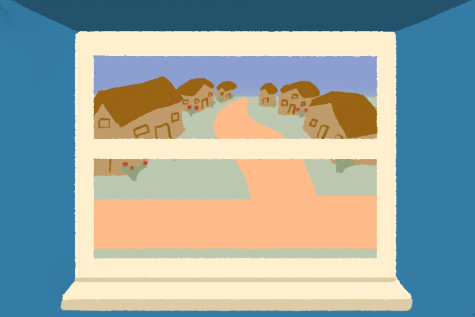
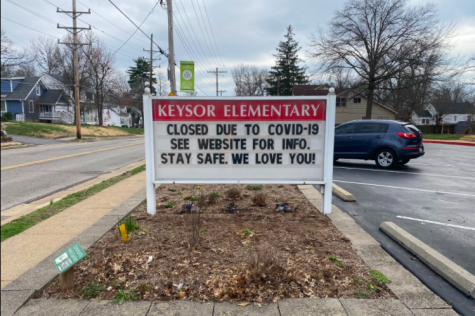
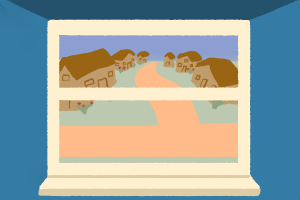

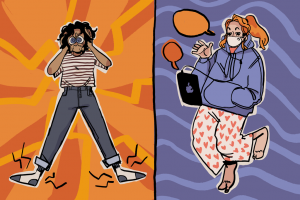



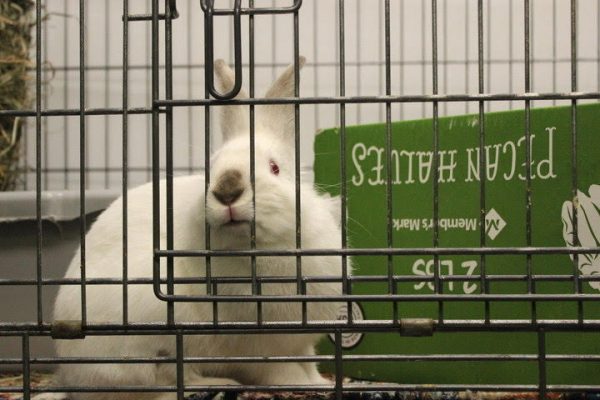


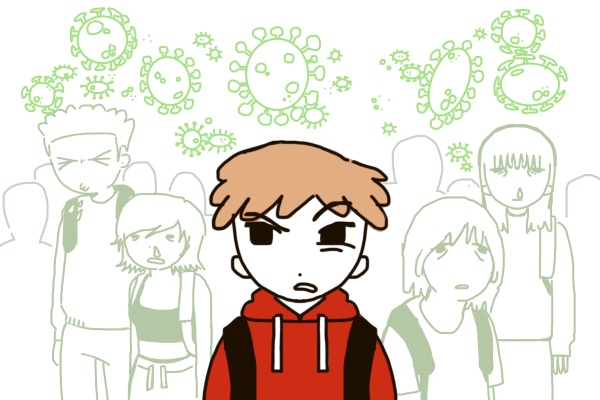

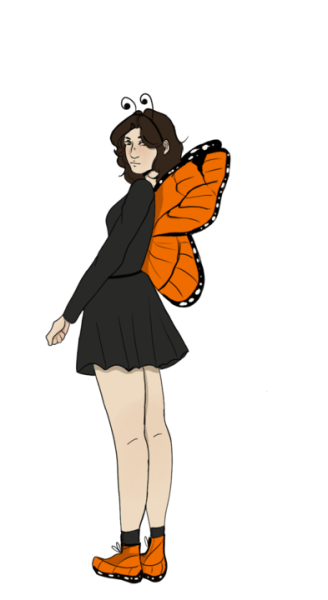
George Wu • Apr 22, 2020 at 7:44 pm
Hi! My name is George Wu, one of the Editors-in-Chief of The Muse newsmagazine at Dreyfoos. We love your magazine and website so much! I love this story in how it showcases differing viewpoints on a very pertinent topic. I was wondering if I could reach out to one of the EICs directly so we could communicate about how to best accommodate our staffs during this time. Please feel free to send me an email at [email protected] if that sounds like a plan!